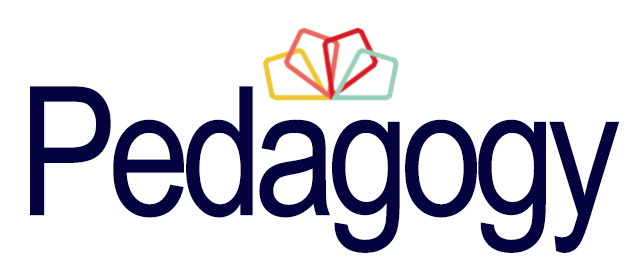
Introduction and Objectives
Aim:
This project explored themes around the cultural and social transition to UK master’s level study in relation to International students and those returning to education, enabling enhanced support.
What?
We explored:
Challenges and facilitators surrounding transition into master’s education in the UK
including opinion on different approaches to studying within our International and returning to education groups.
Why?
Within a 1-year master’s programme, assessment requirements commence early in the first trimester. However, learners are more likely to be unsuccessful at first assessment. As such there is a need for learners to be aware of academic expectations and be supported with their pastoral, social and cultural transition from pre-arrival onwards to ensure equity and inclusivity (LU, 2022 & Graham & Walker, 2024).
Methodology
Through focus groups and surveys with students (n=19), semi-structured interviews with staff members (n=10) we collected the opinions, experiences and suggestions for improvement from our International master’s learners and staff members (academics and professional services) on challenges and facilitators to transition and themes for the development of supportive resources. Data was thematically analysed by 2-reviewers and themes were identified.
Key themes identified which were used as a foundation for the ThingLink and Mentimeter development:
-
Getting to know the UK
-
Getting to know the campus and local area
-
Cultural, academic/digital and wellbeing support
Project Results
| University of Salford Students | University of Salford Staff | ||
|---|---|---|---|
| Facilitators to transition | Challenges to transition | Facilitators to transition | Challenges to transition |
| Pre-arrival support | The speed and level of teaching in the first semester | Clear admissions process | Study visa constraints and expectations |
| Induction process including staff introductions and expectations | Previous assessment experiences tend not to transfer, and assessment methods are often new to students | Considering previous learning experiences and increasing staff awareness of international further and higher education systems. | Experience of different learning models, expectations and power dynamics |
| Understanding social, financial and wellbeing support/challenges | Loneliness, limited social life, time management, commuting | Getting to know the UK, culture, religion by spending time with people who are familiar with British culture | Knowledge and understanding of UK professional behaviours, accents and etiquette |
| Practical experience within UK health industry, chance for different interactions | Time management and academic study skills | Transparency towards assessment methods, being specific and direct with expectations | Language barriers, culture shock, financial responsibility |
| Making new friends | Awareness and access to social groups | Co-creation with current students and alumni | Conflicting commitments |
| Support with Salford systems and processes | Motivation and avoiding distractions | Resilience and self-awareness | Academic language and writing skills |
| Understanding UK culture, expectations and language. The need for interaction with students who are familiar with British culture | Understanding UK culture, expectations and language | Supporting culture, digital and study shock | Time management, lacking a support network and awareness of services |
| Peer learning and teaching activities to further consolidate knowledge and skills gained | Finding suitable accommodation | Social, financial and wellbeing support | Living location, loneliness, isolation and homesickness. Devaluation of student's home currency |
Project Outputs
-
Universal Mentimeter to aid staff in understanding learner needs to be introduced during the induction period.
-
ThingLink digital platform which guides students to resources and support services.
-
Top tips and tricks document for programme teams supporting the transition.
Impact
This project will continue into the 2024-25 academic year where the outputs will be implemented and then evaluated with the aim for further development, co-creation and dissemination across the University.
Acknowledgements
We thank the LTEC Team for the scholarship and Louise Ready-Syrat for helping recruit Emily. Special thanks to Emily Murphy and Patience Kaunda for their creativity on ThingLink. We also appreciate the Widening Participation panel, the ThingLink community, and everyone who participated in interviews and supported the project.
Anna, Chloë & Julie

The authors of this publication are employed by the University of Salford and the research was funded by University of Salford LTEC Scholars Project 2023-2024.

